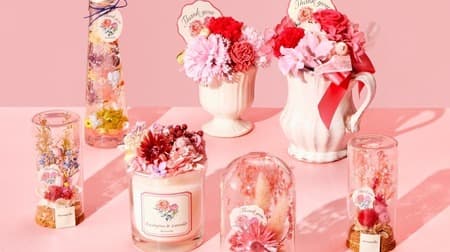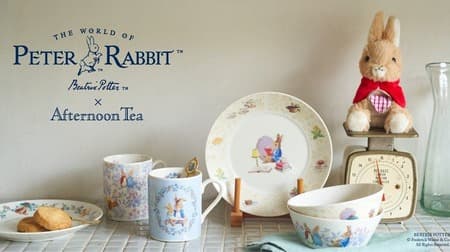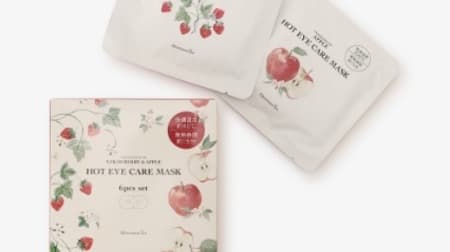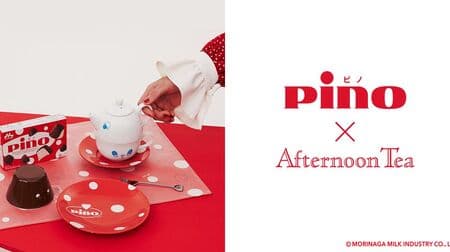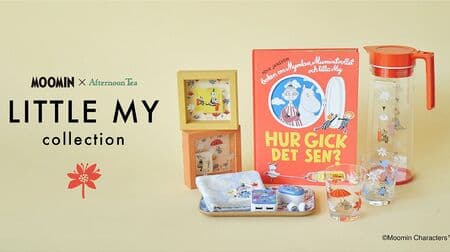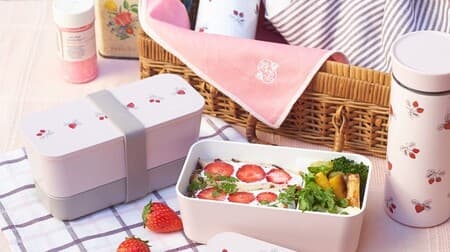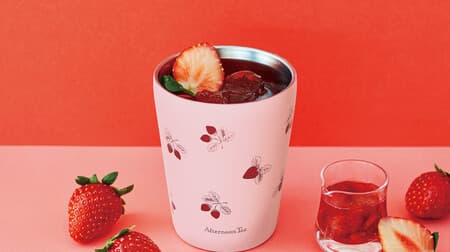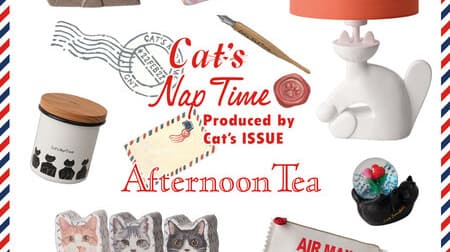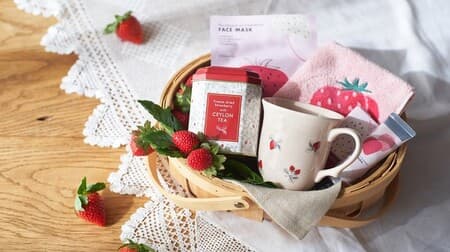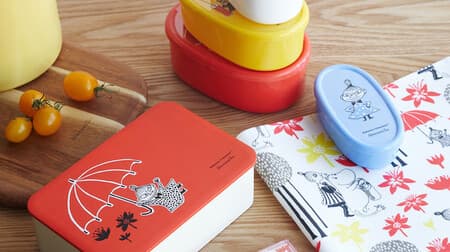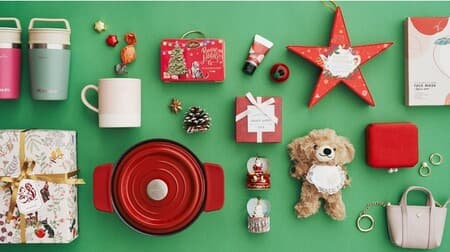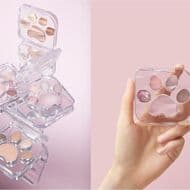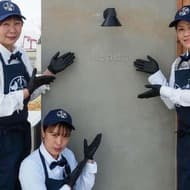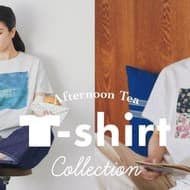![[Afternoon Tea LIVING] Eco-friendly lunch box & shopping bag --Part of sales donated to "more trees"](https://image.enuchi.jp/upload/20210630/images/afternoon-tea-living-lunch-box-tote-bag.jpg)
From Afternoon Tea LIVING, lunch items and tote bags using eco-friendly materials are now available. It will be on sale from July 28th.
A new product that will be launched as part of awareness-raising and sustainable efforts for endangered animals around us. We are particular about developing products made of environmentally friendly materials, including bento boxes (containing 10% rice) that use Japan's first domestically produced biomass plastic "rice resin" derived from rice (non-edible rice).
The designs of all five species of animals such as orangutans and pandas are art drawn by illustrator chitose chitose. A part of the sales will be donated to "more trees", a forest conservation organization that protects the forests where orangutans live.
Eco-friendly lunch items and tote bags
Items using rice resin
![[Afternoon Tea LIVING] Eco-friendly lunch box & shopping bag --Part of sales donated to "more trees"](https://image.enuchi.jp/upload/20210630/images/afternoon-tea-living-lunch-box-tote-bag3.jpg)
The lineup includes "lunch box (leopard)" (2,860 yen), "lunch box (owl)" (3,080 yen), and "lunch box (zebra)" (2,640 yen). All contain 10% rice.
Items using organic cotton
![[Afternoon Tea LIVING] Eco-friendly lunch box & shopping bag --Part of sales donated to "more trees"](https://image.enuchi.jp/upload/20210630/images/afternoon-tea-living-lunch-box-tote-bag5.jpg)
The lineup includes "furoshiki" (2,530 yen), "drawstring bag set" (2,200 yen), and "tote bag" (1,980 yen). Organic cotton is used for the product body.
Items using recycled polyester
![[Afternoon Tea LIVING] Eco-friendly lunch box & shopping bag --Part of sales donated to "more trees"](https://image.enuchi.jp/upload/20210630/images/afternoon-tea-living-lunch-box-tote-bag4.jpg)
A lineup of "shopping bags" (1,760 yen each). Recycled polyester is used for the product body. "Panda" is sold exclusively at official online shops and stores.
What is rice resin?
![[Afternoon Tea LIVING] Eco-friendly lunch box & shopping bag --Part of sales donated to "more trees"](https://image.enuchi.jp/upload/20210630/images/afternoon-tea-living-lunch-box-tote-bag6.jpg)
"Rice resin" is a material that uses new technology to upcycle rice that is not treated as feed and is discarded, such as old rice that is not edible and crushed rice generated by rice cracker makers. Using rice (non-edible) unique to Japan, it is a high-quality material that is almost the same as petroleum-based plastic. Since it is originally made from plants on the earth, it has the property of "carbon neutral" that does not affect carbon dioxide on the earth.
* The listed price includes tax.

